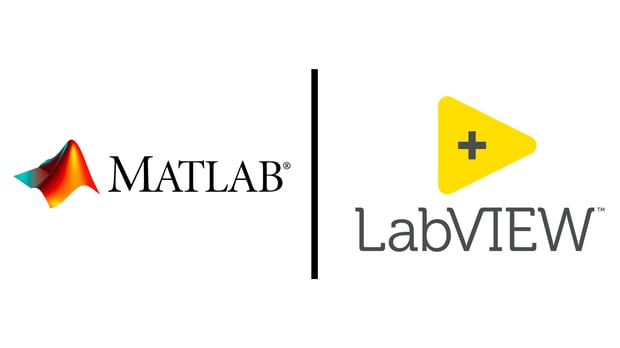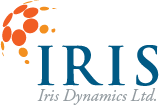- January 29, 2024
ORCA™ Series | Easily Integrate with Matlab and Labview

ORCA Series motors are designed for straightforward integration into testing and measurement projects, supported by a serial Modbus RTU interface and an included USB adapter cable. Suitable for both new and ongoing MATLAB or LabVIEW projects, these motors feature integrated drivers, controllers, encoders, and force sensing/control. Their simple power and USB connectivity make them operational immediately, removing the need for external load cells, sensors, or drivers and significantly streamlining project setups.
The "Actuator" class in the MATLAB source code package enhances the integration process, simplifying serial communication and focusing on project essentials. Data communication rates of up to 800Hz provide timely and accurate feedback.
One of the key advantages of smart linear electric motors is the ability to obtain valuable feedback about various parameters such as sensed force, position, power output, and temperature without external equipment. This feedback can be seamlessly integrated into existing models and correlated with other measurements, providing deeper insights into your testing and measurement projects.
As Force-Controlled Linear Magnetic Actuators, the ORCA Series motors are particularity effective in Physical Material Testing, Material Stress Analysis, fatigue and cycle testing, and design validation. They offer precise control and feedback in both position and force at high frame rates, meaning good and timely data even when operating at high speeds. These motors are also some of the quietest linear motors available due to their direct-drive design, making them suitable for even the quietest of applications such as in acoustic profiling. Typical applications have these motors operating well under 20dB(A) making them near silent and well suited for use in anechoic chambers for various noise sensitive cycle testing applications.
While standard MODBUS libraries can be utilized in these applications, it's worth noting that they might have limitations in terms of frame rate, typically capped at 160Hz. However, even at lower communication rates, the ORCA Series motors excel in performance. Their onboard kinematic and haptic control modes, along with force and position input filters, guarantee smooth motor movement and the desired effects. The motors' integrated features enable precise measurements for applications involving Tensile Strength, Compressive Strength, and Yield Strength. Their speed and responsiveness are assets in dynamic testing scenarios, including Impact Testing and Fracture Toughness assessments.
The Brushless Direct Drive design of these motors means they are fully backdrivable and compliant, fitting for tasks requiring control loading or force feedback. These motors are also fully potted granting them an IP68 waterproof rating. By only having a single moving part these are essentially “solid state” motors. This offers a modern alternative to traditional actuators such as ball screws, lead screws, and pneumatics. Integration of high-speed force and position controllers within the motor itself simplifies setup. Iris’s suite of APIs and control software facilitates quick configuration and iteration of various test scenarios. This is especially useful in Destructive and Non-Destructive design testing as well as in material analysis testing.
ORCA Series motors provide easy access to cycle counts and data, alongside motor command features, in a single compact package.
A detailed user guide, including examples and source code, is available bellow. These resources are designed to help users fully utilize the ORCA Series motors in their testing and measurement projects.
And, as always, if you have any questions, please don't hesitate to reach out. Our applications engineers are ready to assist you in streamlining your projects!


